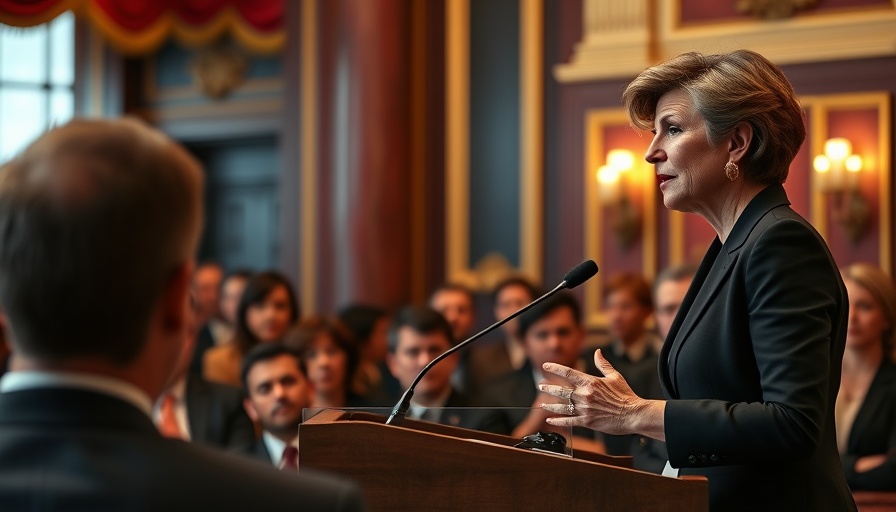
Defending the Integrity of Legal Advisors in Parliament
National Assembly Speaker Thoko Didiza recently stood firm in defending the integrity of the Parliamentary Legal Services Unit amid criticisms from several Members of Parliament (MPs). The criticism arose during discussions surrounding the terms of reference drafted for an ad hoc committee investigating allegations against KwaZulu-Natal Police Commissioner Nhlanhla Mkhwanazi. Dissenting MPs expressed dissatisfaction with both the quality of legal opinions provided by the unit and the drafting of the committee’s terms of reference.
The Role of Legal Advisors
Parliamentary Spokesperson Moloto Mothapo emphasized that the work of legal advisors within this unit is critical, noting, "Our legal advisers are not merely administrative staff members of Parliament but they are officers of the court as well guided by the Legal Practice Act and the Legal Practice Council." This statement highlights the qualifications and responsibilities that these advisors bear. Their involvement ensures that Parliament adheres to legal standards and constitutional practices, safeguarding the integrity of legislative processes.
Political Context and Accountability
The political landscape in South Africa is currently rife with tension as the nation gears up for the 2024 general elections. This scrutiny of Parliamentary procedures comes at a time when issues like executive accountability, state capture, and the effectiveness of anti-corruption measures are in the spotlight. Every move within Parliament is under examination, and proper legal guidance is crucial for maintaining order and transparency.
The Importance of Parliamentary Integrity
When MPs critique legal opinions, it is vital that such dissent does not devolve into personal attacks. Mothapo rightly pointed out that "to cast aspersions on them is not only unjust to the individual legal adviser but it also undermines the credibility of Parliament and its oversight processes." This sentiment resonates deeply in the current political climate, where trust in institutions is vital for democracy's health. If MPs disagree with their legal advisors, they should engage in constructive dialogue to enhance governance, rather than disparaging individuals who serve a crucial role.
Future Implications for Governance
As citizens of South Africa watch the unfolding events, there are broader implications for governance and public sector reform. The leadership from various parties, including the African National Congress (ANC) and the Democratic Alliance (DA), alongside the burgeoning influence of opposition parties like the Economic Freedom Fighters (EFF), feeds into the complex dynamics of Parliament's functionality. The need for competent legal advice will remain imperative as these factions navigate the post-election realities and work towards a more effective government of national unity.
Public Trust and Parliamentary Oversight
Public trust in Parliament hinges on its ability to hold officials accountable and enhance service delivery. The criticism of legal advisors must be framed within the larger context of how well legislative bodies can uphold their constitutional obligations. It underscores an urgency for parliamentary oversight to be adaptive, forward-thinking, and rooted in respect for legal expertise.
The speaker's defense of the legal unit isn't just about supporting individuals but about reinforcing the structures necessary for safeguarding democracy. As the nation progresses towards the next elections, the focus must shift towards ensuring that institutions remain resilient against the tides of political maneuvering.
Engaging Civic Responsibility
As citizens, engagement with parliamentary processes should remain a priority. Following these developments, it’s important to recognize the value in voicing opinions, supporting reforms beneficial to our society, and promoting dialogue on pressing issues such as land reform, economic policy, and social justice.
Participation in civic life impacts outcomes—understanding the interplay of legal guidance within governance helps each citizen navigate their role in a complex democratic society.
 Add Row
Add Row  Add
Add 




Write A Comment